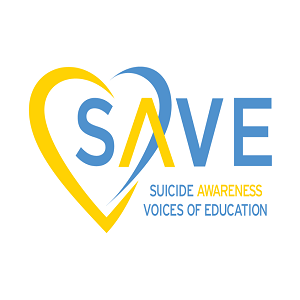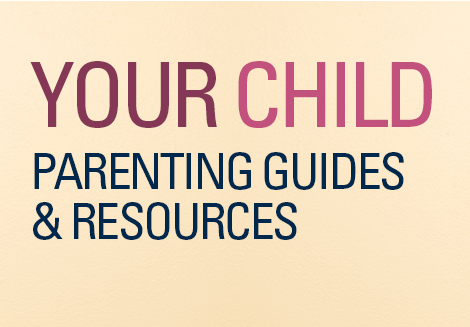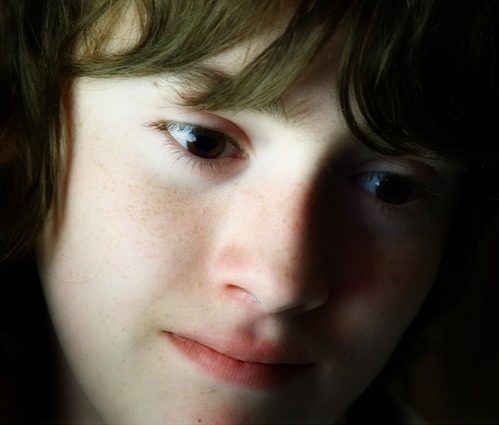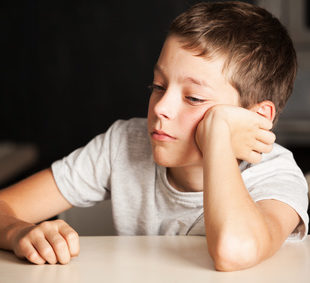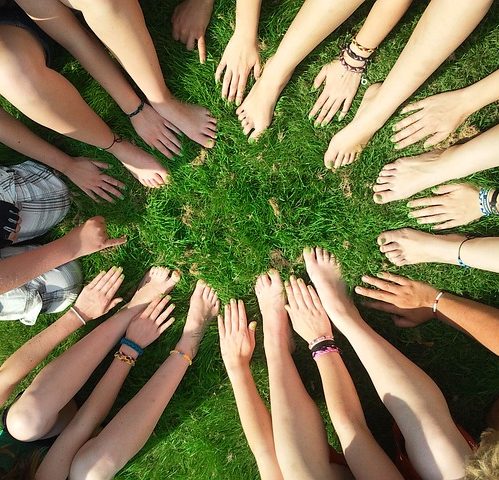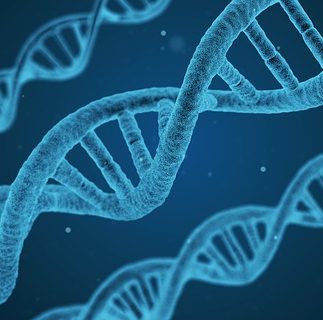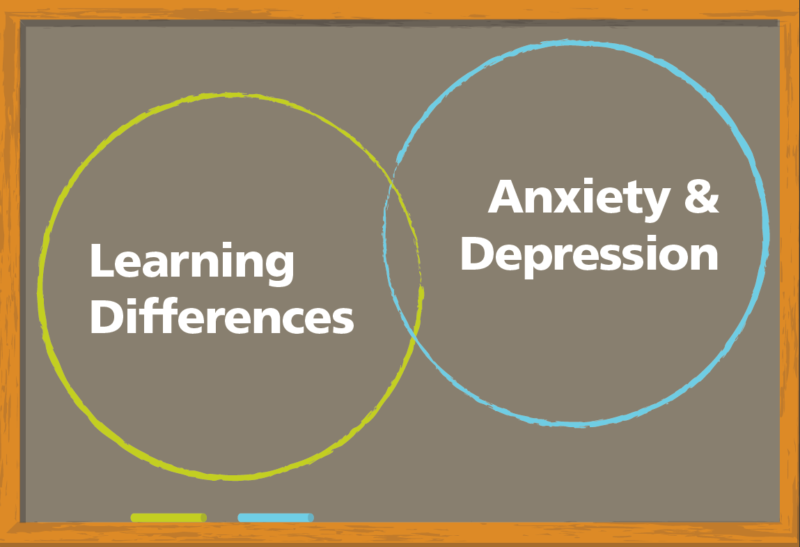
Learning Differences — Anxiety and Depression [downloadable]
Did you know that 1 in 5 kids has a learning difference—and 40% of kids with learning differences (LD) also have a mental health condition, such as anxiety or depression? Learn more about intersection of learning differences and anxiety and Read more >>

